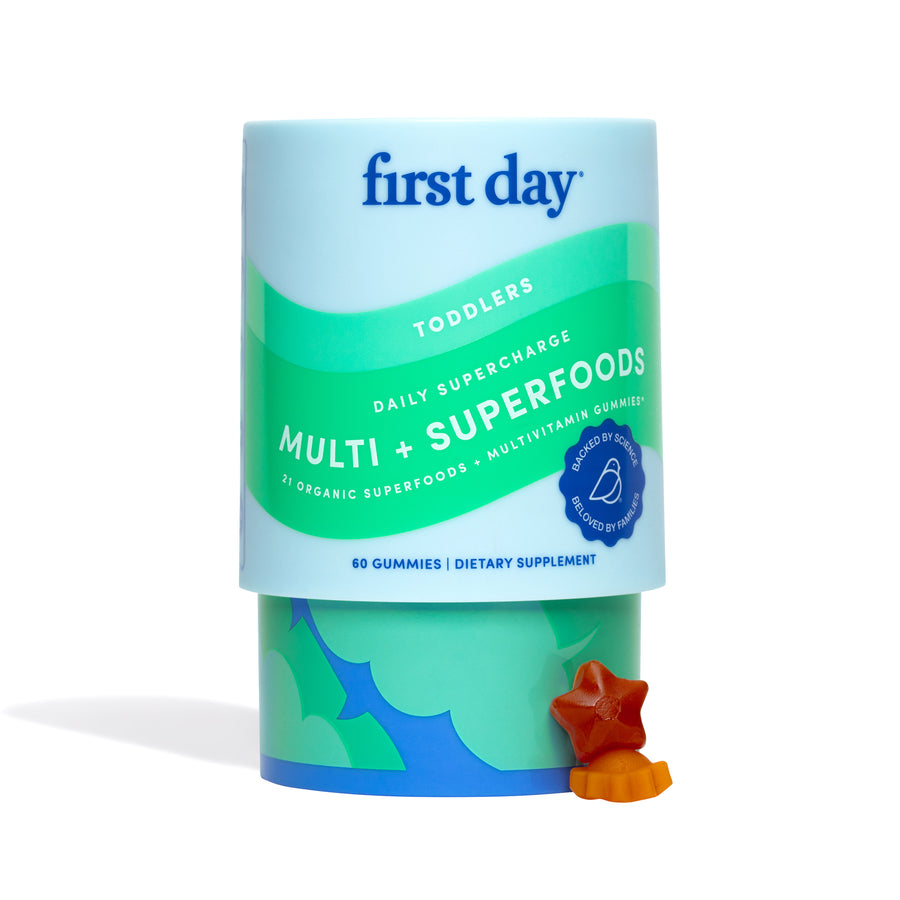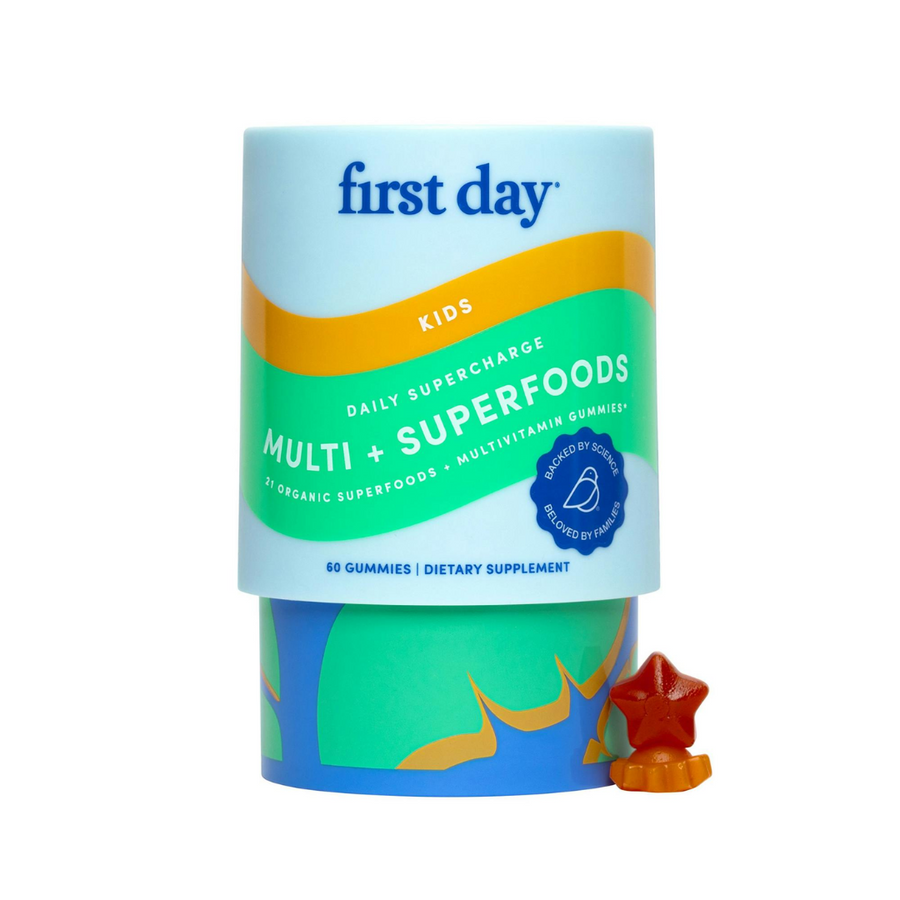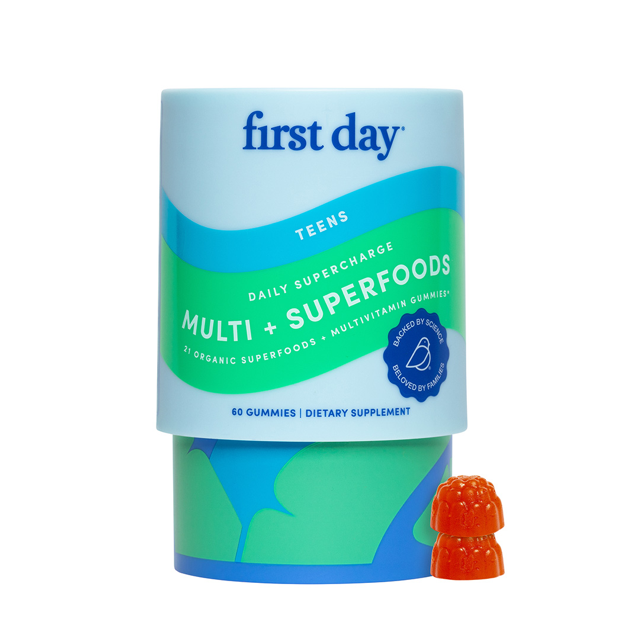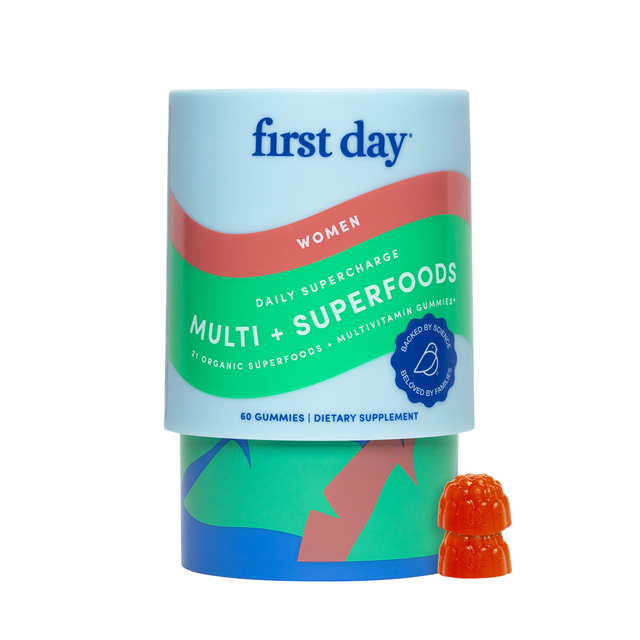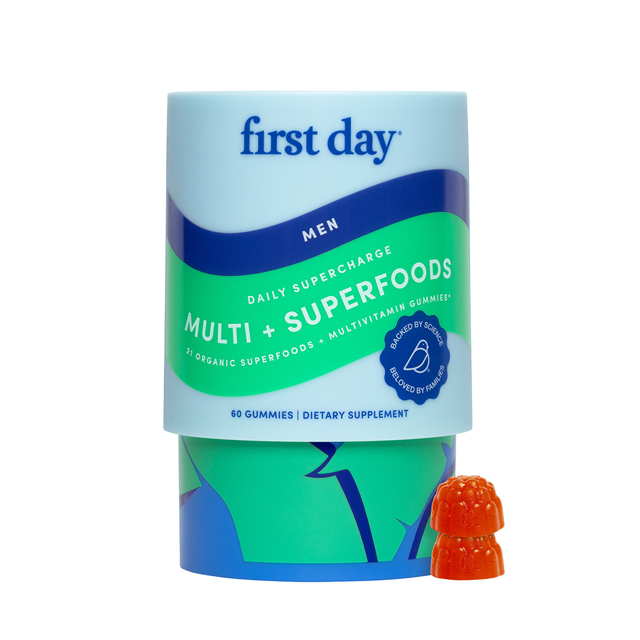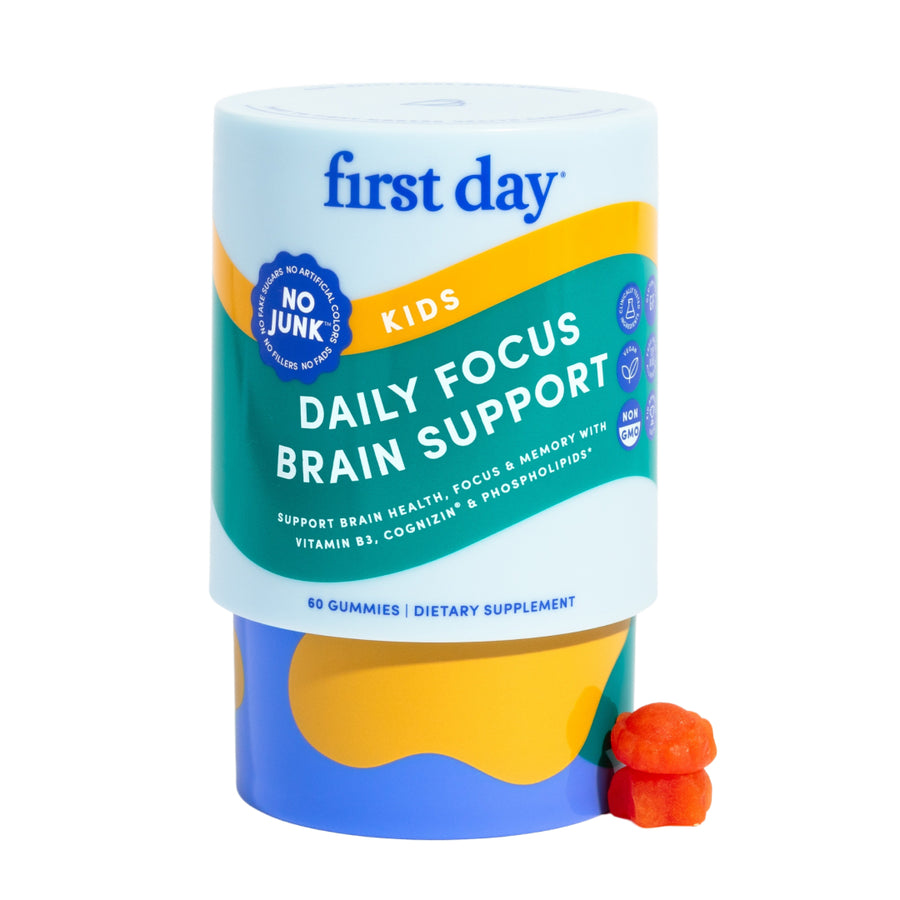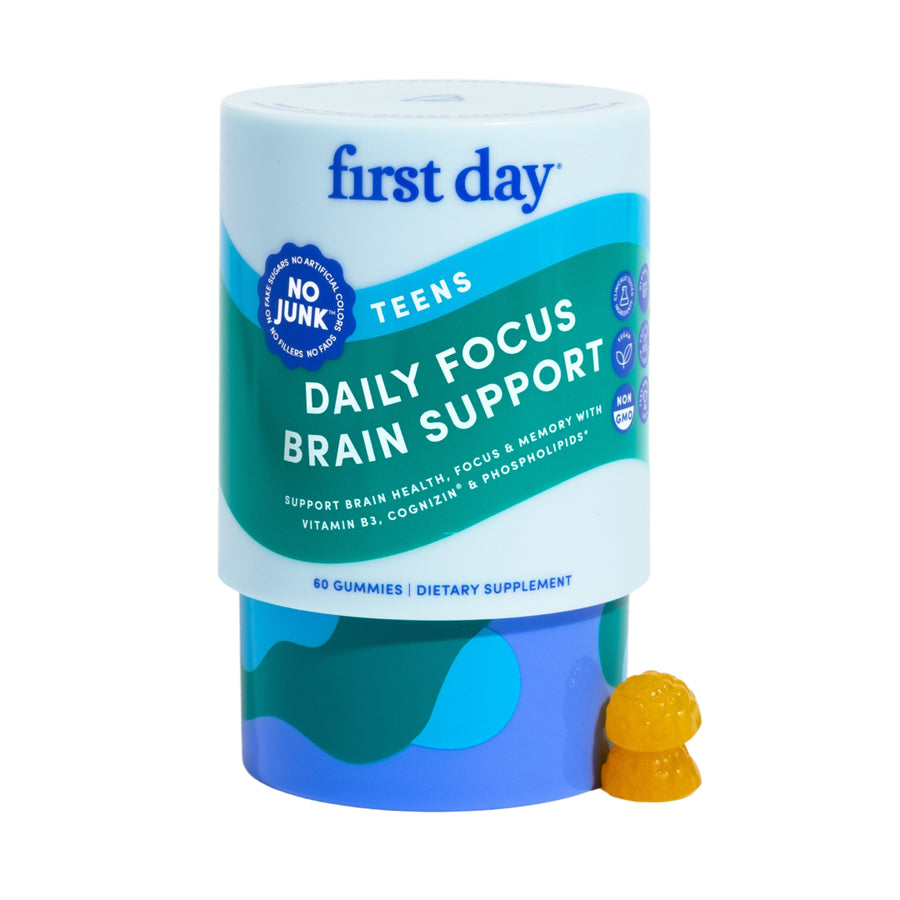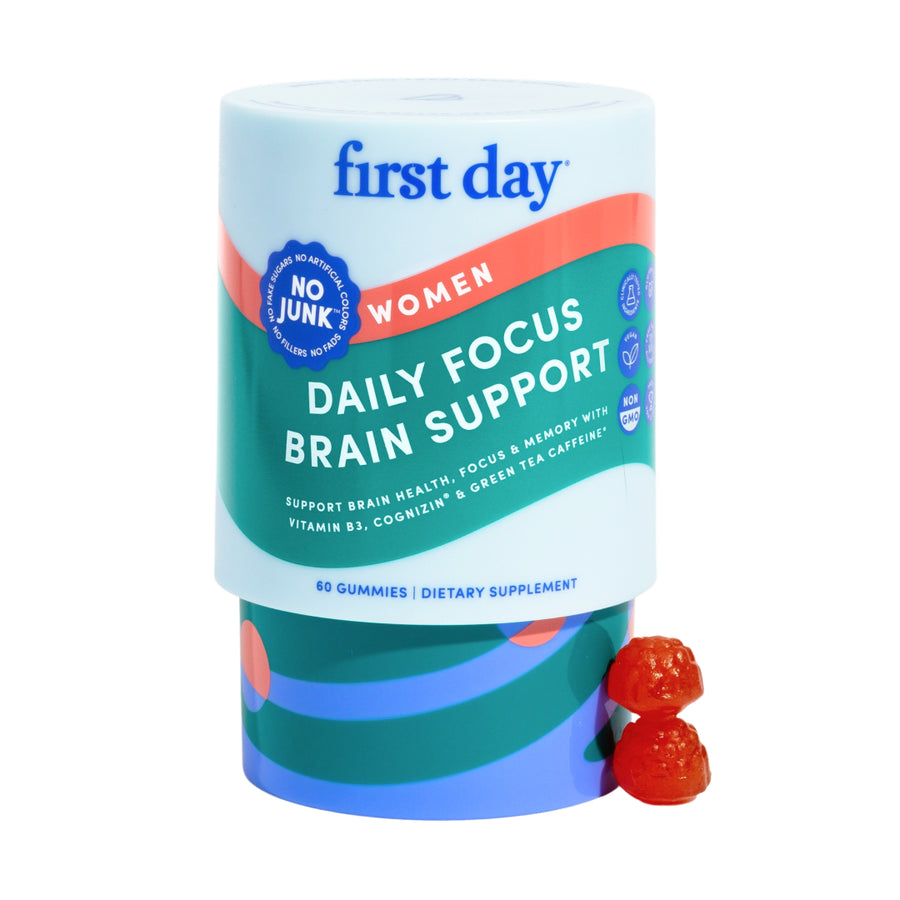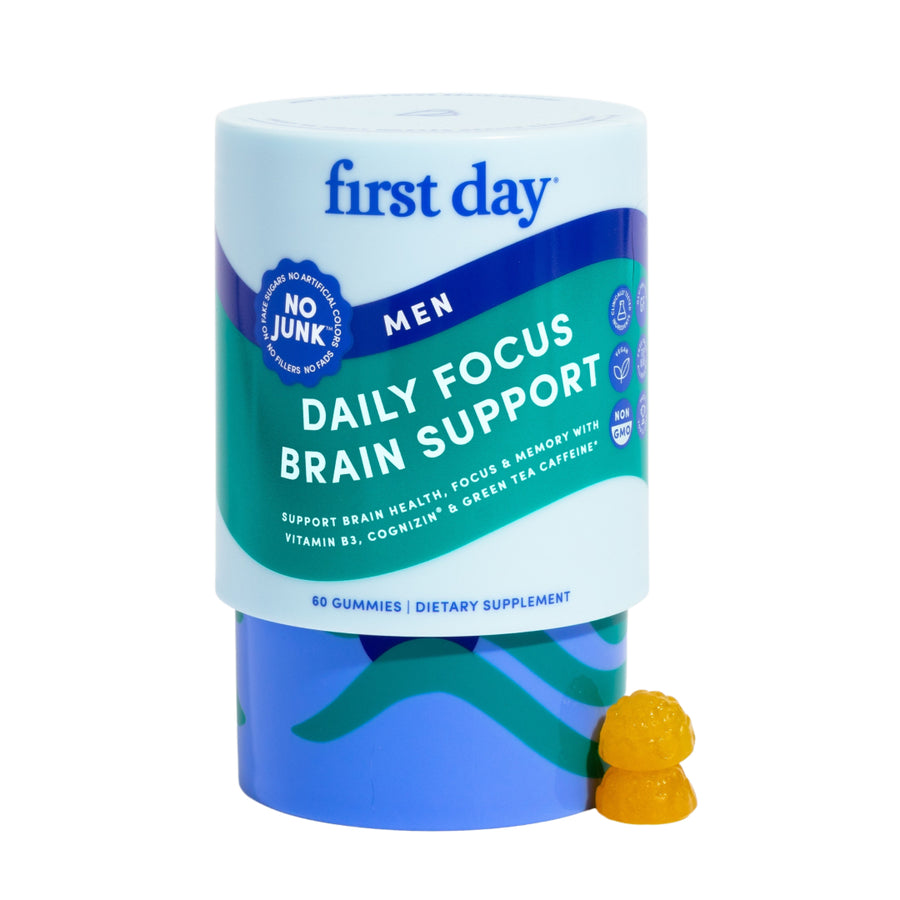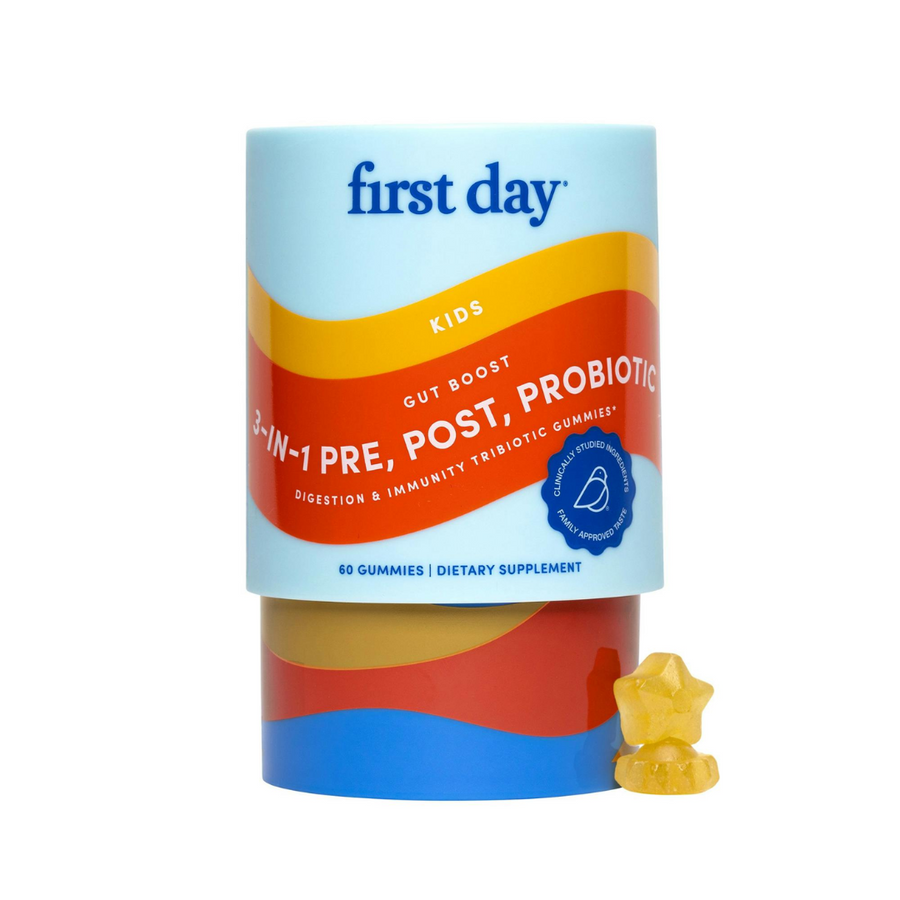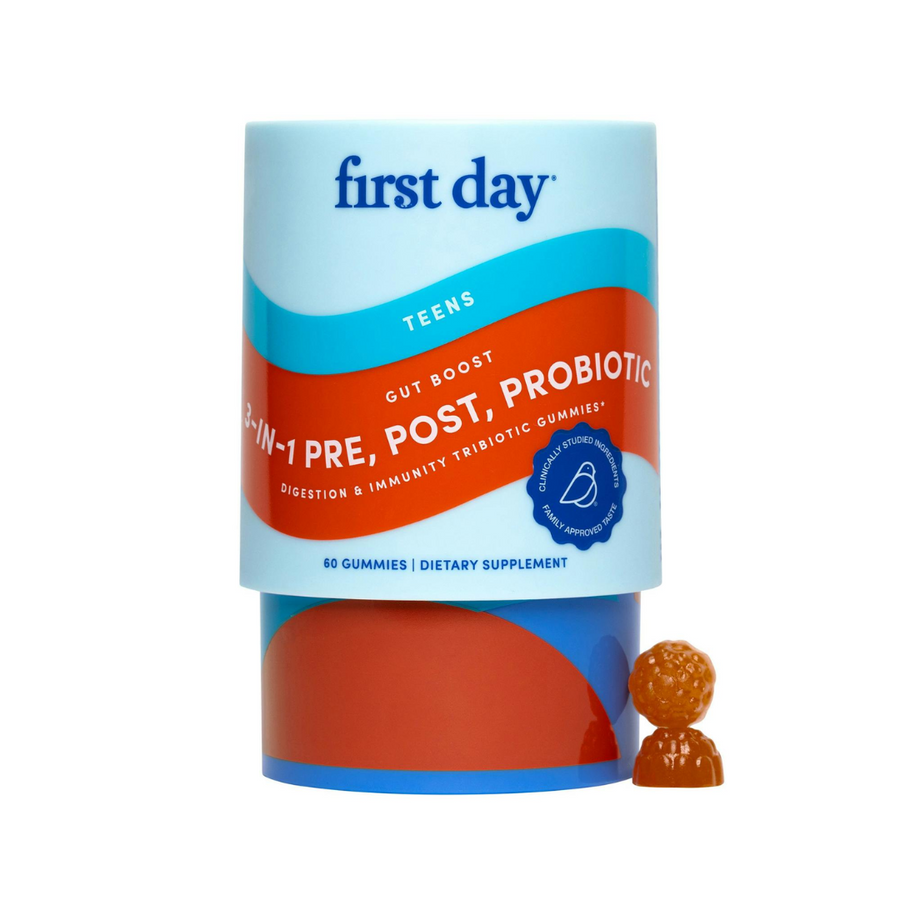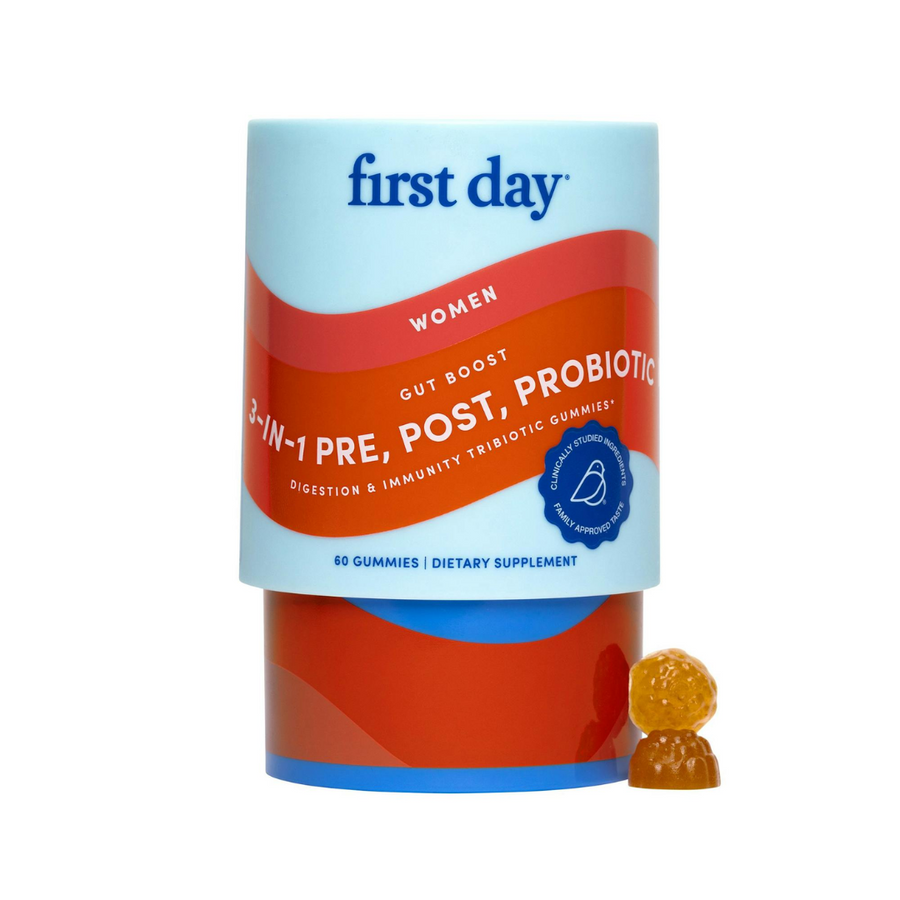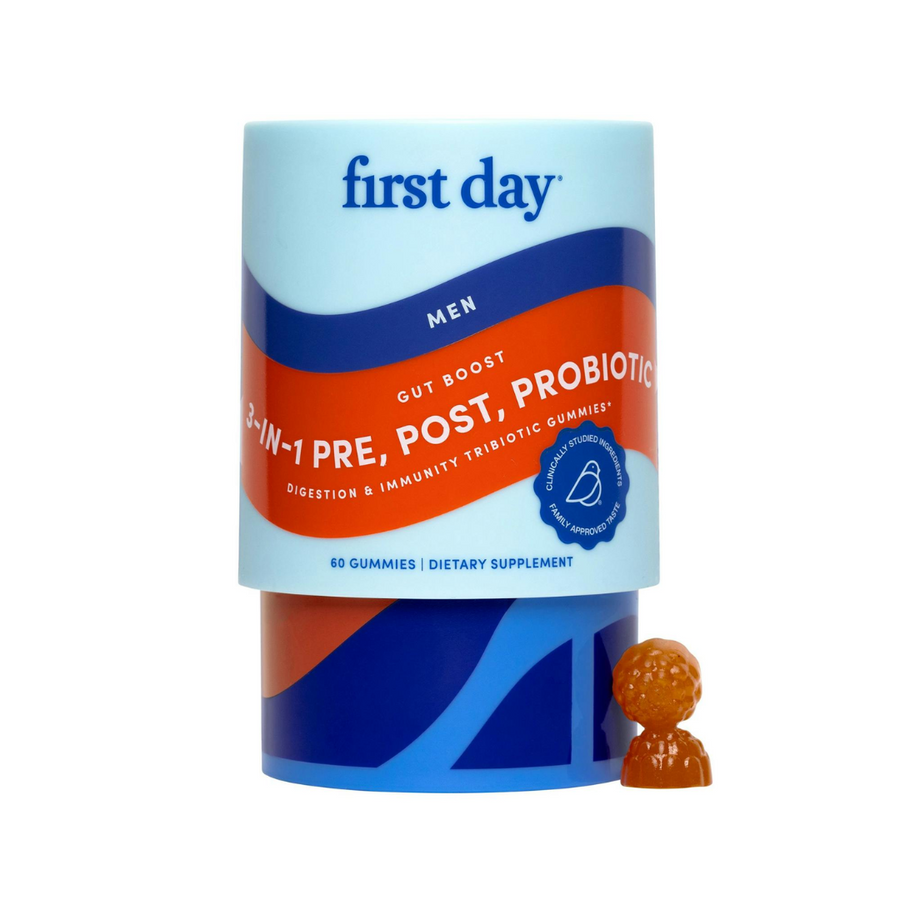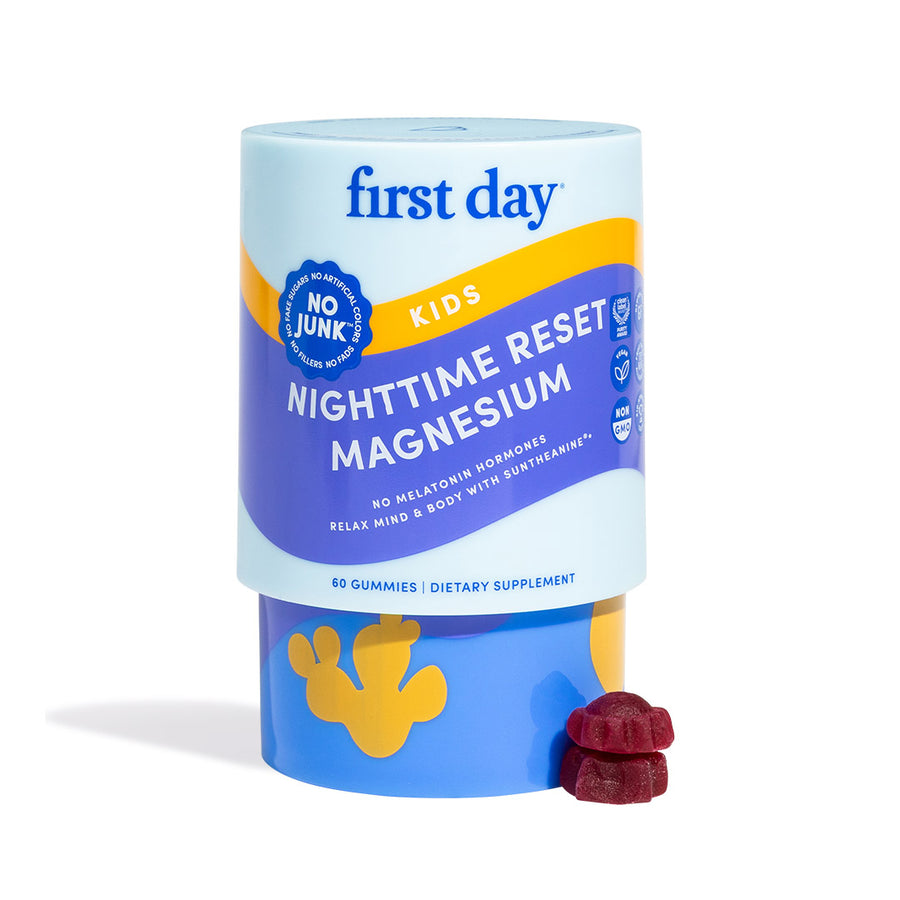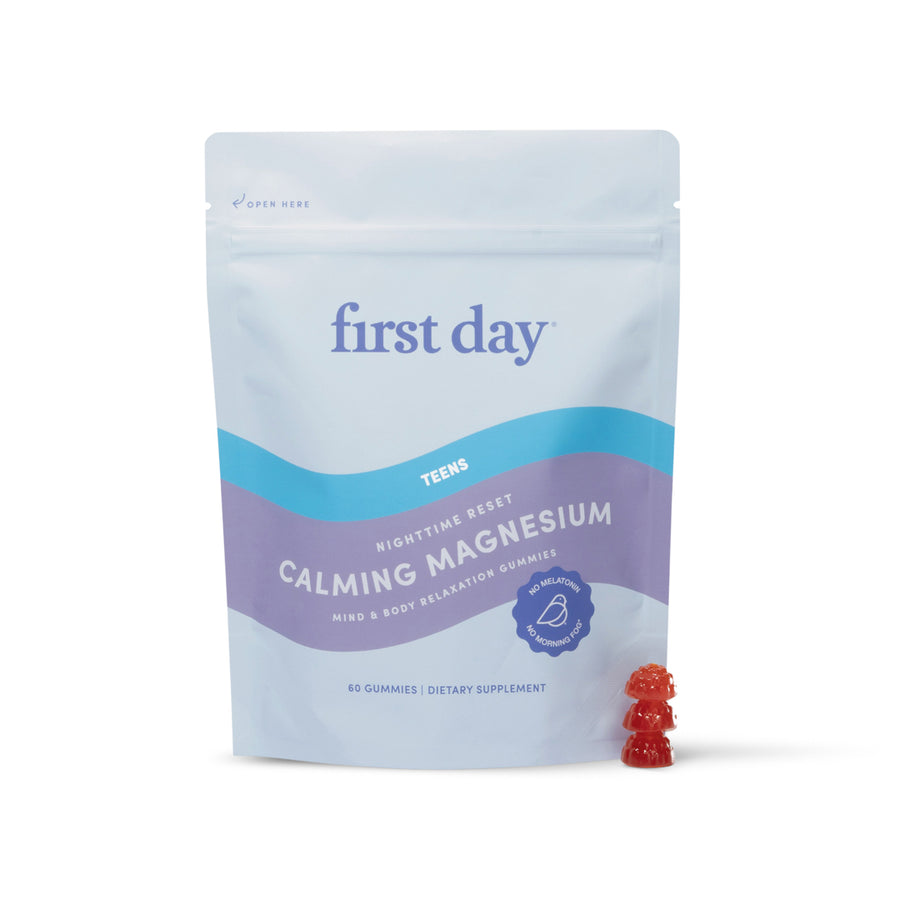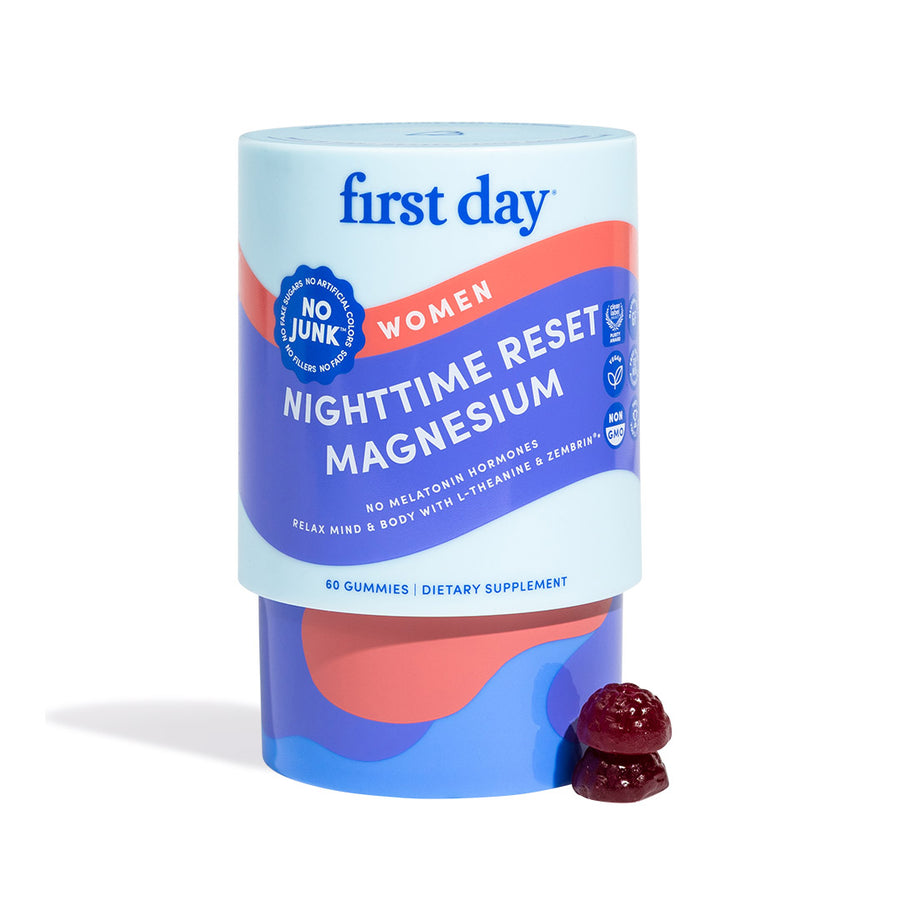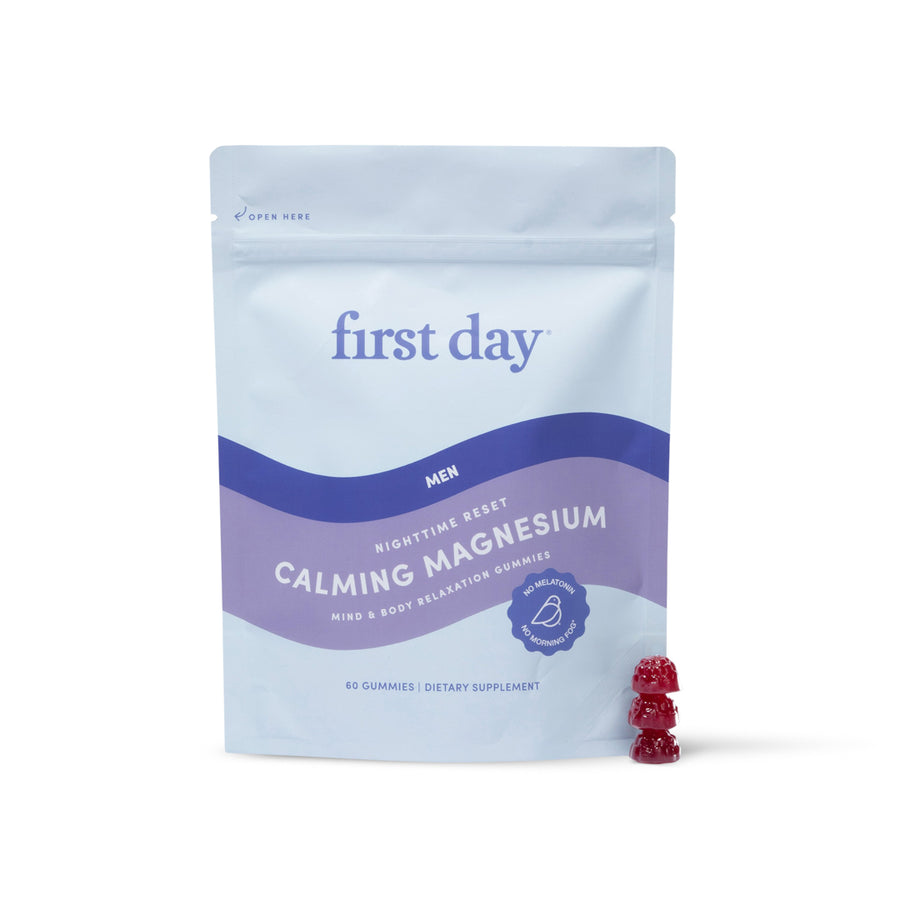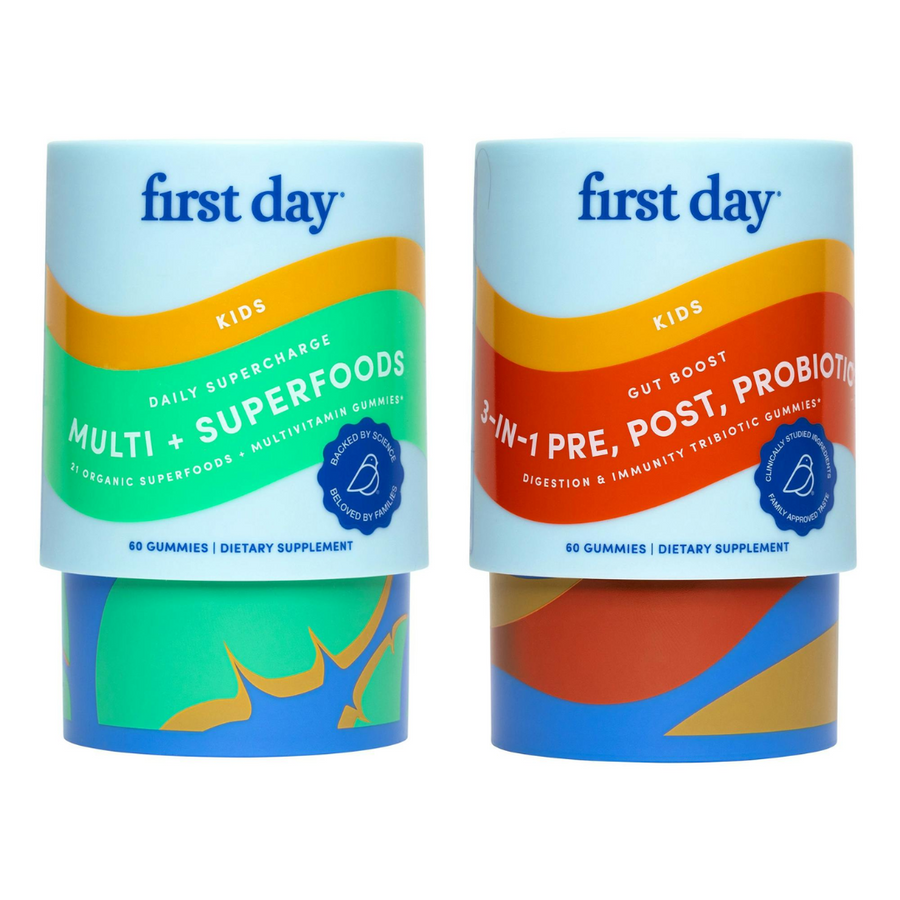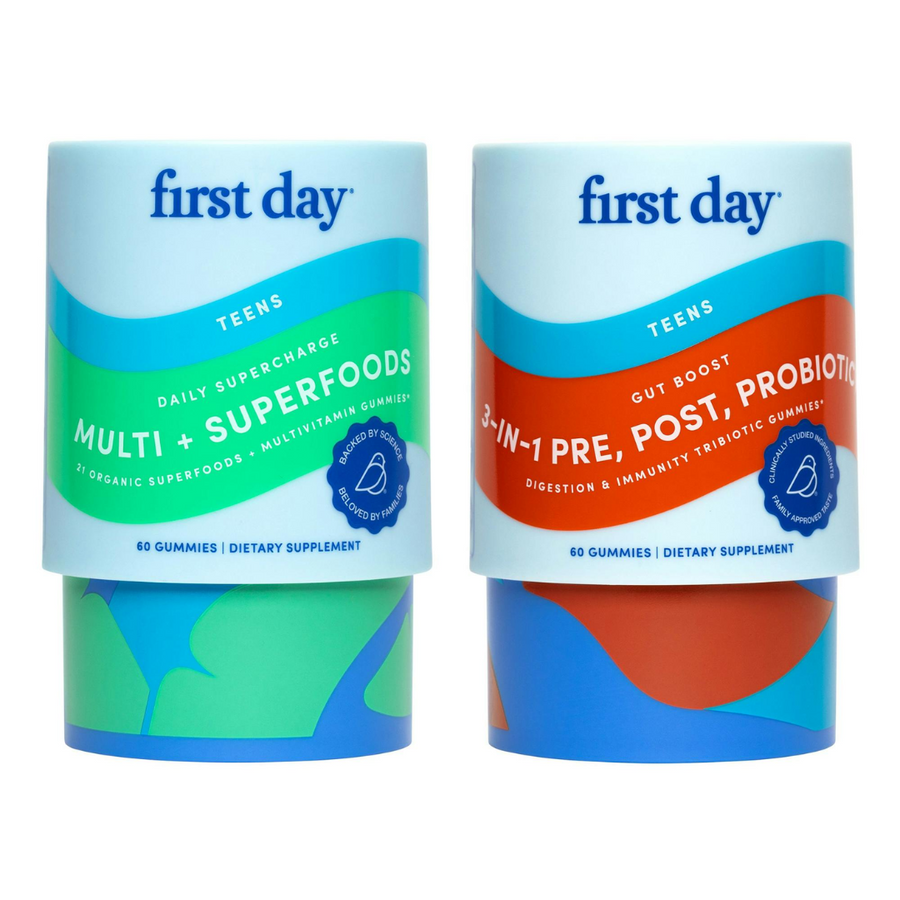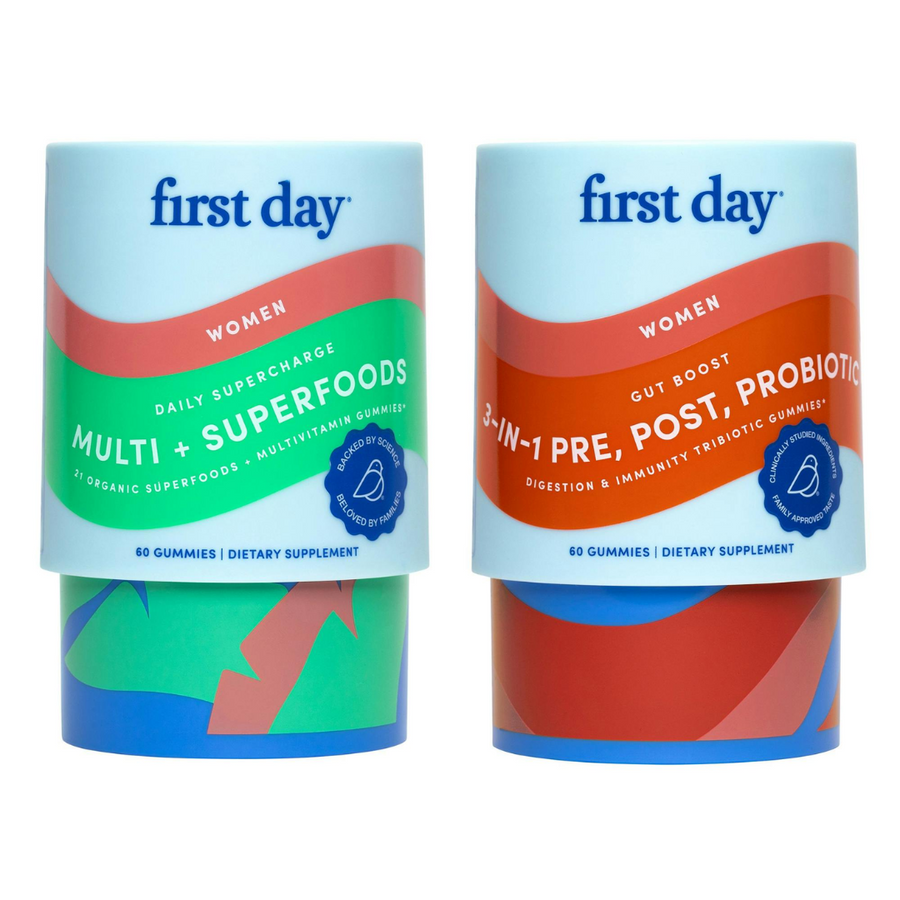Vitamin D is essential to our health. It helps our body absorb calcium necessary to maintain healthy bones and muscles. It's also instrumental in ensuring our immune and nervous system are functioning well.
Growing up, we've all been told to get as much sun as we can so our bodies can produce more Vitamin D. However, if you live in areas that aren't exposed to sunlight, it might be more difficult. Furthermore, some prefer not to be under direct sunlight for fear of skin cancer.
Vitamin D isn't easily found in a lot of food sources. That's why certain foods are fortified with it. This is also where daily supplementation is encouraged, to help ensure that our Vitamin D levels are right.

What is Vitamin D?
Vitamin D is a fat-soluble vitamin that mainly provides support to your bones and muscles. It also aids your immune and nervous system. It's also commonly called the "sunshine vitamin", because our bodies are able to produce this nutrient effectively when our skin is exposed to sunlight.
This vitamin comes in two main forms: Vitamin D2 and Vitamin D3. Both play the same role in our body but they do have significant differences.
D2 vs D3: What's the difference?
You may be wondering if there's two forms of Vitamin D then how do you know the difference between Vitamin D2 and Vitamin D3. Which form of Vitamin D ultimately comes down to the sources Vitamin D3 and D2
-
Vitamin D2
Vitamin D2 (ergocalciferol) is mainly extracted from plant sources like wild mushrooms but can also be found in fortified foods like cereals, milk, and so forth.
Vitamin D2 is made by exposing ergosterol, which is found in yeast, to ultraviolet light.
Apart from supplements, a few foods contain Vitamin D2 such as:
-
edible mushrooms (portobello, shiitake, morel, oyster, white button)
-
fortified cereals
-
fortified cow's milk
-
infant formula
-
fortified yogurt
-
plant-based milk
-
orange juice
Vitamin D2 is sold over the counter and through prescriptions in the form of oral solution, capsules and tablets. It is also a common option among vegans and vegetarians, as they are sourced for plants. Since vegans and vegetarians tend to have a more restrictive diet, it's imperative that they take supplements to maintain Vitamin D levels.
-
Vitamin D3
Vitamin D3 (cholecalciferol) is sourced mainly from animals like sheep lanolin. However, newer supplement manufacturers have been able to extract from non-animal sources, namely from lichens, which are closely associated with fungus and algae.
Vitamin D3 can be found in supplements as well as food sources such as:
-
fatty fish like salmon and trout
-
herring
-
sardines
-
tilapia
-
canned tuna
-
cod liver oil
-
egg yolk
-
beef liver
-
cheese
Vitamin D3 is commonly sold over the counter and comes with a variety of strengths. Similar to D2, it is also sold in forms of capsules, tablets and sometimes, as gummies.

Vitamin D2 vs D3: Which is Better?
Vitamin D2 and D3 may play the same role. However, they are metabolized by the liver differently.
The liver metabolizes Vitamin D2 into 25-hydroxyvitamin D2 while Vitamin D3 is metabolized into 25-hydroxyvitamin D3. These two compounds are collectively referred to as calcifediol.

Calcifediol is the main circulating form of Vitamin D. This is what's measured by medical experts through your blood levels into learning whether you have good Vitamin D status.
Medically reviewed studies have found that there is less calcifediol yielded from Vitamin D2, which means D3 is more effective than D2. This means Vitamin D3 may raise your levels higher and longer than Vitamin D2.
Moreover, scientists are raising concerns about the quality of Vitamin D2 if it's exposed to humidity and fluctuating temperatures.
However, some doctors prescribe D2 for those who have chronic kidney diseases. Since health needs vary from one person to the next, the ideal dietary amount of Vitamin D your body needs per day is 4,000 IU.

What are the Side Effects of D2 and D3?
Side effects are very rare when it comes to taking D vitamin supplements. They only occur in cases of hypervitaminosis, an extremely rare condition that happens when one takes alarmingly excessive amounts of Vitamin D. This can eventually lead to toxicity.
Some of the symptoms include constipation, nausea, vomiting, and frequent urination. If this is left untreated, it can lead to irreversible renal failure.
Drug Interaction with Vitamin D2 vs D3
Both forms of Vitamin D are metabolized by the liver, therefore potential interactions with other drugs are similar for D2 and D3. Vitamin D can increase your levels of aluminum when regularly taken with aluminum hydroxide, a common antacid. Furthermore, thiazide diuretics could dangerously increase the levels of calcium when mixed with Vitamin D supplements.
As always, it's important to consult a health practitioner for proper medical advice before taking any prescription or supplements ,especially if you have certain health conditions.

Do You Need to Take Vitamin D Supplements?
Supplements exist to help bridge nutritional gaps. It exists to amplify the amount of essential vitamins and minerals that help you remain healthy, strong and happy.
There are a ton of benefits when it comes to taking D2 or D3 supplements.
-
Made for Those at Risk of Vitamin D Deficiency
Some people stay indoors too often, others wear clothes that could cover up the skin too much that they don't receive an adequate amount of sunlight. Furthermore, some have restrictive diets that make it harder for them to gain more Vitamin D.
Deficiency in D vitamins can result in a ton of complications like high blood pressure, cancer, immune system disorders as well as heart diseases. Older people are also at a greater risk of deficiency.
-
Ideal for Infants and Children too
Adults shouldn't be the only ones taking D supplements. Studies have shown that infants taking 8.5 to 10 micrograms of D vitamins appear to be healthier. Children who are taking at least 10 micrograms of this vitamin can also contribute in ensuring they won't become deficient.
-
Substitute for Those Who Don't Get Enough Sun
There are places in the world that don't have sufficient exposure to sunlight. There are also seasons like autumn and winter when the sun doesn't show too much or at all.
Vitamin D supplements as well as eating more foods rich in it may help in preventing Vitamin D deficiency.
-
It Can Be Taken Even When Pregnant
Women's nutritional needs change when pregnant. Some supplements and medication may not be allowed during this stage. However, Vitamin D is one supplement that you'll need to maintain a healthy pregnancy.

6 Reasons Why is Vitamin D important?
We need Vitamin D to stay healthy. Whether you are getting sufficient sunlight everyday, eat fortified foods or other foods rich in Vitamin D, or take Vitamin D supplements, it's imperative that our bodies receive ample amount of it.
Here are the reasons why Vitamin D is important:
-
Improves Bone Health
Your body needs Vitamin D in order to absorb calcium and phosphorus. Without these nutrients, you are more exposed to developing brittle or misshapen bones, which is also known as osteomalacia among adults. It could also cause rickets, otherwise known as soft bones, commonly found among children.
-
Strengthens Muscles
We need healthy muscles in order to perform daily tasks as well as to ensure we are exercising without the risk of tearing anything. Vitamin D plays an instrumental role in ensuring our muscles are strong.
-
Improves Symptoms of Seasonal Affective Disorder (SAD)
While clinical research surrounding the benefits of Vitamin D among depressed people is still limited, other studies have shown that a person's Vitamin D levels can play a role in the risk of having SAD. Those that suffer from the condition have shown that they have specifically lower Vitamin D status, which ultimately affects the amount of serotonin one has in their body.
Serotonin is commonly called the "happy hormone". It's the same chemical your brain produces whenever you eat chocolate or spend time with the people you love. It's the feel-good hormone your brain can pump out more if you have more Vitamin D in you.
-
Reduces the Risk of Type 2 Diabetes
Vitamin D is known to increase insulin sensitivity, empower cell growth and function as well as lessen inflammation--all of which are potential benefits to lessen the risk of developing Type 2 diabetes.
-
Promotes Weight Loss
Raising Vitamin D levels are associated with boosting weight loss. Studies show that those taking D supplements were able to lose more weight than those who took placebo supplementation.
Obese people can also benefit in taking more Vitamin D in preventing the risk of developing heart diseases, which is common among those who are overweight.
-
Fights a Plethora of Diseases
Just like other essential vitamins, Vitamin D helps in fighting diseases. It reduces the risk of common flu, multiple sclerosis, cognitive decline, dementia, heart diseases, stroke, and respiratory infections.
Just remember, like any supplements: Vitamin D isn't a cure-all way to make sure you're not going to get sick.

Get More Vitamin D with First Day
First Day gummies are rich in Vitamin D, and are made with plant-based sources and organically-farmed fruits and vegetables. Whether you need it yourself or for your children, our daily multivitamin gummy will help make sure your health is always top priority.
Dr. Zainab Naeem, DDNS

Zainab Naeem, Doctor of Nutrition and Dietetics has attained the degree of DDNS and is a nutritionist/ dietitian by profession and a writer by choice. She has attained the degree as a Nutritionist from The University of Lahore and has worked as a community nutritionist intern at Fatima Memorial Hospital, Lahore and Clinical Nutritionist from Mayo Hospital, Lahore Pakistan. She is also pursuing her degree in Associate degree in Psychology from Virtual University of Pakistan. She has been working as a nutrition and medical blog writer from past 4 years and many of her articles are published on various platforms. Zainab believes that a healthy body needs a healthy mind and her writings revolve around the concept of good nutrition along with working on the mental health too.
She is Co-Author at https://writingstake.com/ and https://sehatnutrition.org/. She is also a co-author in two anthologies and love to pen down her emotions on paper in the form of her writings. As a digital publisher, she has wrote numerous articles and wellness blogs for various clients as a freelance writer. And is currently working as a freelance nutritionist. You can get in contact with the nutritionist through platform https://sehatnutrition.org/ where she is serving as a Head of Hosting and Content writing or can reach her out on IG: xayni_de_artista.

